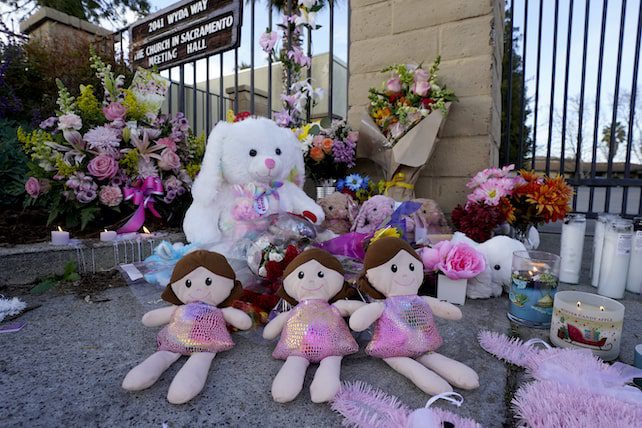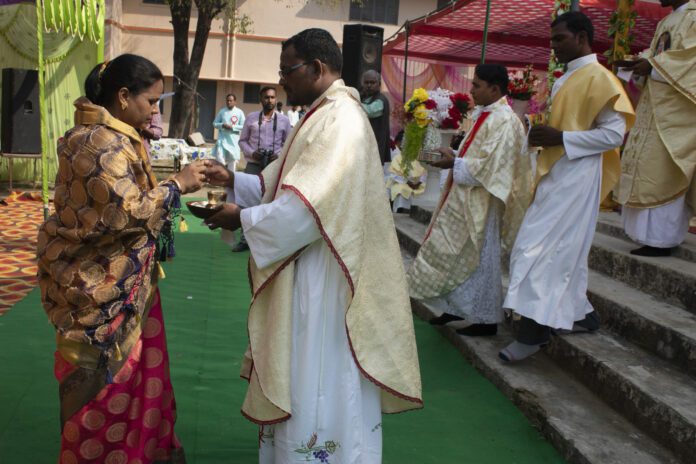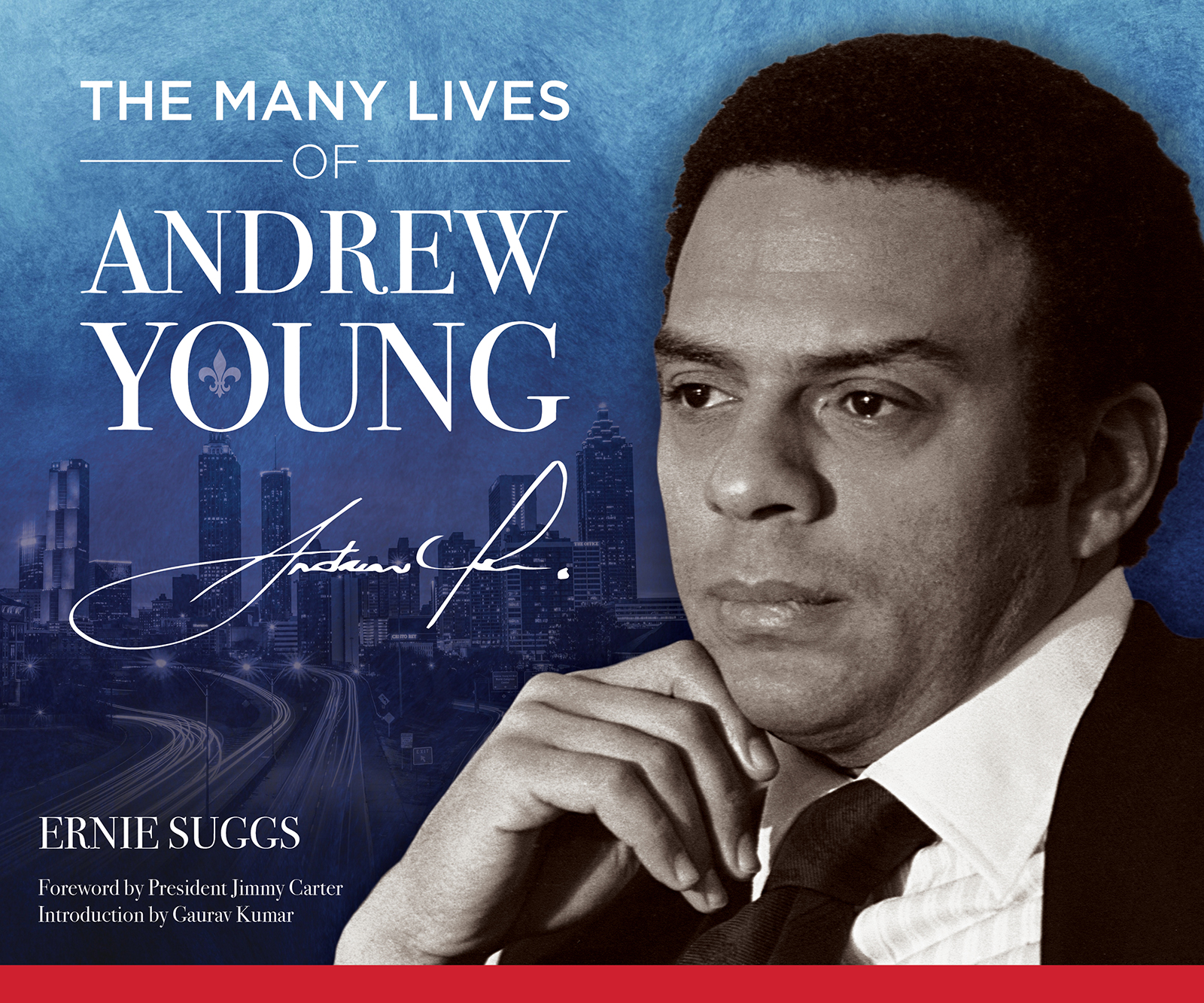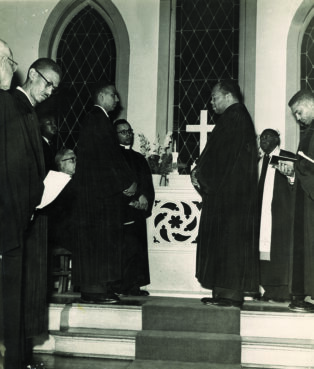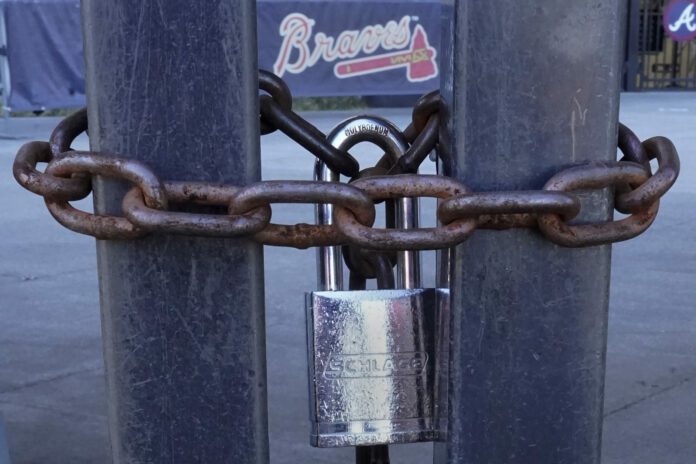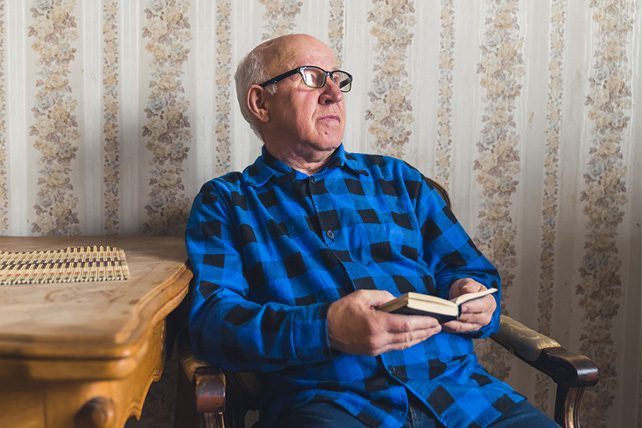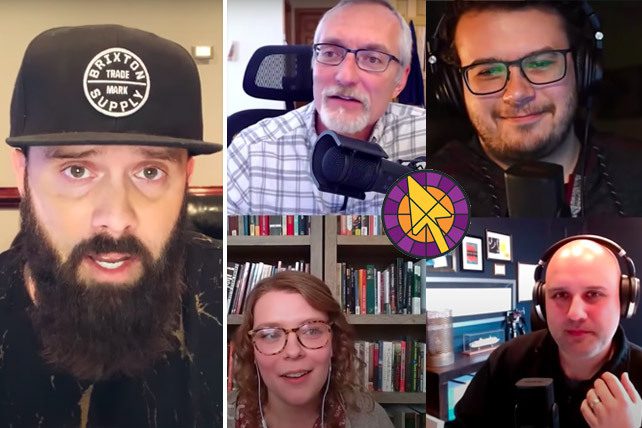If you’re among those living in some of the most populated cities in the U.S. and happen to have caught a few NFL games in the last few months, you may have seen some surprising commercials. Or, perhaps you did a double take on a few odd banner headlines as you searched for concert tickets online or passed by some interesting billboards on your way to work…but it’s just as likely you didn’t.
After all, these ads aren’t intended for you.
The creators of the He Gets Us campaign, which concluded a hefty 10-market, $10 million advertising test last month and is gearing up to roll out the effort nationally, had a different target audience in mind—those who don’t think Christianity is for them.
You see, extensive audience research conducted last fall uncovered that a vast swath of the American public isn’t sure what they believe. Many associate Christianity with hate, bigotry, and hypocrisy and see Christians as being against them. They hear political candidates weaponizing Jesus and protestors taking to the streets with signs that say, “God Hates You.” As a result, they’re skeptical about faith. With almost 50 percent of these “skeptics” falling between the ages of 18 and 34 (a group for whom Jesus’ message of love has been lost in their dialogue), they experience feelings of distrust and being outcast.
For the team behind He Gets Us, reaching them meant meeting them where they are, turning their notion of a “Christian message” on its head with surprising and relatable moments—Jesus’ moments—that skeptics find relevant and personally relatable. Backed by a coalition of Christians who seek to take Jesus’ story out of self-serving agendas, present it for relevant consideration and encourage all to live out his example of radical compassion and love for others, the campaign makes no attempt to recruit or convert to a particular denomination or belief. Funds are governed by Servant Foundation, and donors choose not to be identified. Multiple agencies, including research, strategy, creative, media, interactive, public relations, and others, are engaged to expand the impact and efficacy of He Gets Us initiatives.
The initial 10-week test campaign exposed roughly 10 percent of the population to ads designed to expand the understanding of who Jesus is beyond the usual focus on his birth, death, and resurrection. By highlighting the events of his life, the challenging situations he found himself in, and ultimately the love and compassion he showed for all, the campaign’s goal is to connect in unexpected, arresting ways.
Also unexpected, however, is just how resonant the messages in the test would prove to be. In the initial run, more than 31 million people watched the ads on YouTube, and nearly half a million visited hegetsus.com, a website where people can learn and engage in whatever way they are comfortable. In addition, more than 17 thousand so far have participated in live chats, texted for prayers, made connections to local volunteers, and/or pursued YouVersion Bible reading plans. By contrast the campaign had set a goal of 2.2 million engagements only to see it eclipsed by 15 times the expected results.
The campaign’s premise is to bring to light stories from the Bible that are often overlooked or ignored, common situations from our daily lives. He Gets Us is taking a different tack by showing compassion related to these situations and what Jesus experienced, as evidenced by a plain reading of Scripture:
Born to an unwed teenage mother. (Spot here.)
Matthew 1
18 Now, the birth of Jesus the Messiah was as follows: when His mother Mary had been betrothed to Joseph before they came together, she was found to be pregnant by the Holy Spirit.
24 And Joseph awoke from his sleep and did as the angel of the Lord commanded him, and took Mary as his wife, 25 but kept her a virgin until she gave birth to a Son, and he named Him Jesus.
Suffered from anxiety. (Spot here.)
Matthew 26
38 Then He said to them, “My soul is deeply grieved, to the point of death; remain here and keep watch with Me.”
Was tired of divisiveness among people. (Spot here.)
Mark 12
13 Then, they sent some of the Pharisees and Herodians to Him in order to trap Him in a statement.
14 They came and said to Him, “Teacher, we know that You are truthful and [do not care what anyone thinks; for You are not partial to anyone, but You teach the way of God in truth. Is it permissible to pay a poll tax to Caesar, or not?
15 Are we to pay, or not pay?” But He, knowing their hypocrisy, said to them, “Why are you testing Me? Bring Me a denarius to look at.”
16 And they brought one. And He said to them, “Whose image and inscription is this?” And they said to Him, “Caesar’s.”
17 And Jesus said to them, “Pay to Caesar the things that are Caesar’s and to God the things that are God’s.” And they were utterly amazed at Him.
Jesus welcomed outcasts, stood up for women, hung out with troublemakers, even befriended enemies. Although Jesus lived more than 2,000 years ago, he experienced the same feelings that most of us have daily. Jesus understood what life was like for people in his day—especially for the marginalized.
What’s next?
The He Gets Us advertising campaign will launch nationally with a significant media campaign that will place it among the leading advertisers in the U.S. There will be a slew of additional TV commercials, more digital and social media, and a number of engaging activations in mid-March (think March Madness!).
However, He Gets Us is more than a series of television ads and billboard campaigns. There are numerous opportunities for people to interact on the website to ask questions, including the difficult ones. There are options for live chat, text for prayer, and local connection on the website. He Gets Us actively responds to questions, comments, and needs from website visitors—and at the end of each interaction, they provide an opportunity to connect with someone locally (volunteers and church partners) to continue the conversation.
As a result of these conversations, we’re confident people will meet the “real” Jesus—the Jesus who experienced every problem we’ve encountered and every emotion we’ve felt.
How You and Your Church Can Get Involved
He Gets Us is already working with YouVersion, Luis Palau Association, OneHope, the Wheaton College Billy Graham Center, Alpha, and Gloo.
While not connected to any denomination or ministry, He Gets Us invites churches to join the conversation and engage people when they reach out to chat with someone in their local communities.
Church partnership kits that include television ads to use for Bible Study programs, sermons guides, Sunday school classes, and small group discussions will be available at HeGetsUsPartners.com.


